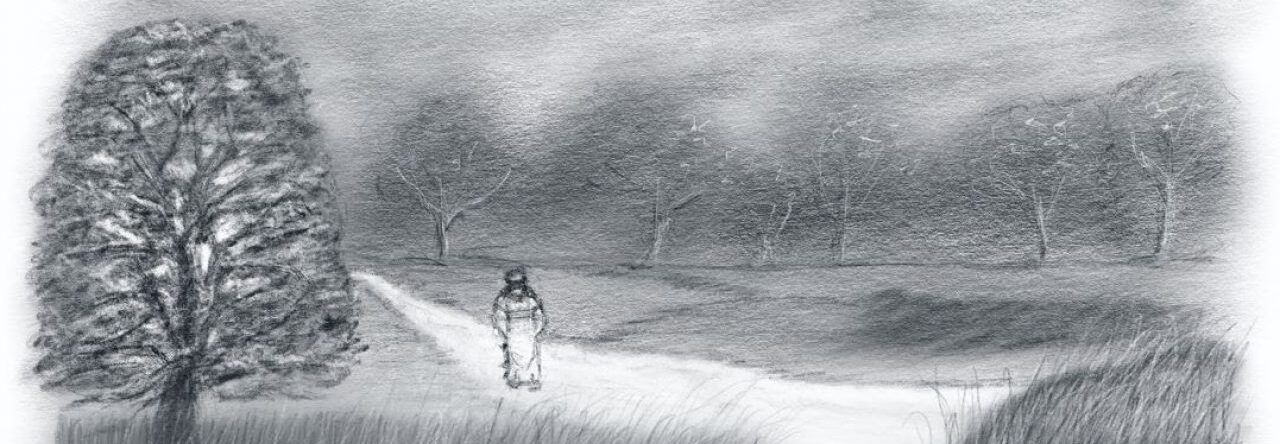What separates a Lay Dominican from our religious brothers and sisters? One aspect is how we share our charism in the world. There are as many ways to do this as there are Lay Dominicans–this is mine.
Our religious brothers and sisters live their Dominican vocation in a very obvious and public way. They are members of the Church. They wear habits. They have assigned duties of ministry in the Church–and I think that alone makes it a little more difficult to understand our role. We are not assigned any ministries, our direction is not nearly as clear, however, this also gives us an advantage, or, rather, it gives us a distinct role. This role was recognized by the early friars and has existed since almost the beginning of the Order itself. The religious can’t be everywhere. They can’t really be in the workplace. They won’t always get to have the interactions and discussions with people, not just due to the workplace but also due to the habit itself which may put some off. What is this role? Pope St. John Paul II, working from the Vatican II document Apostolicam Actuositatem said the laity are to renew the temporal order1. And so how is this done?
I can’t speak about others’ experience, but I’d like to share mine. Currently, I’m a graduate student studying physics at a state school that just happens to be rather liberal, especially for Texas. I am fortunate that we have a really good Catholic ministry attached, but I only spend some of my time there. You see, this may be hard to believe, but most physicists are atheists and some are actually hostile to the concept of a “God” at all. I know, shocking. However, most of my compatriots love having rather deep conversations about things, especially if it’s related to the structure of the cosmos. So, how do I live my Dominican charism? By having conversations with them about the reality of things, but I’m coming from, and using, the philosophical system most affiliated with the Dominican Order–Thomistic-Aristotelianism.
See, one of the biggest obstacles to discussing God or anything related is this barrier that comes up. This barrier is usually built from bad experiences and bad philosophy. So, the best way to bring God into their life is to try and break down that wall. I do not try to impose Catholic doctrine. I do not always talk about God or the Catholic Church. What I do is much more subtle–have genuine conversations with people. Through these conversations their philosophical outlook and misconceptions start to break down–it’s up to them and God to do the rest. Also, they all know I’m Catholic, so I must act like one. This goes hand-in-hand with what I say and further reinforces it.
As to the campus ministry, my work is much simpler–I give talks, mentor, and help the students understand various things within the Church. It is an unfortunate reality that most Catholics don’t know much about Catholicism.
Whether someone converts or reverts due to my actions is not the point I try to make. This may seem weird, but my point is that God has way more influence than I ever will. I try to represent what it means to be Catholic, and I am constantly trying to engage others on an intellectual level in order to spread the Truth–it’s up to each person to decide if they wish to listen or not.
Is God calling you to be a Dominican in the world?
Mr. Joe Watson, O.P.


1 Pingback